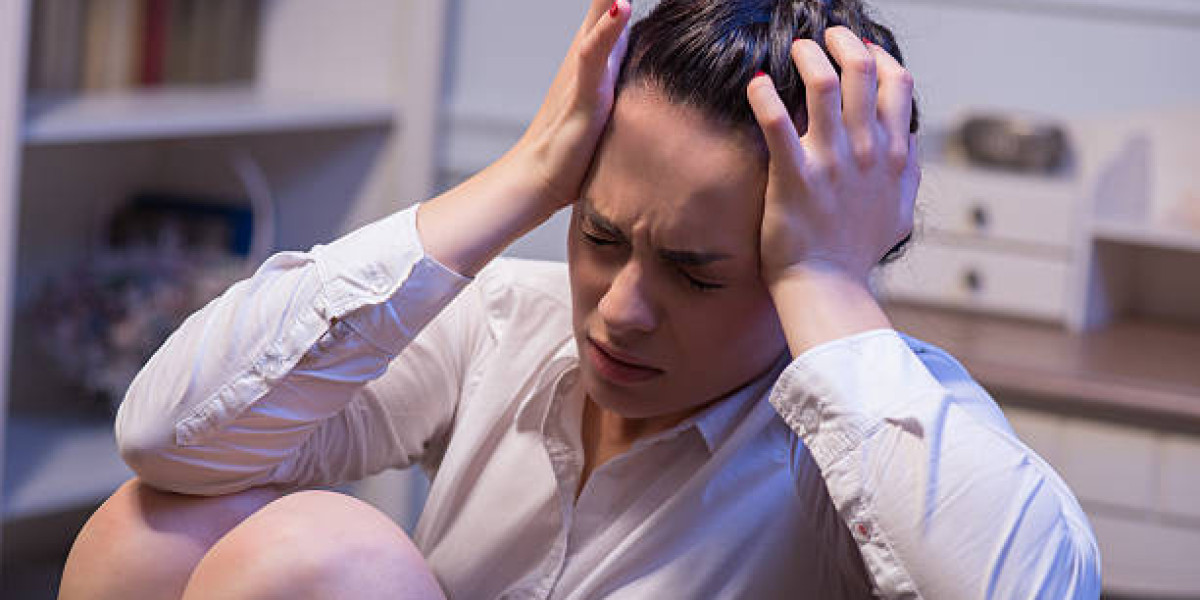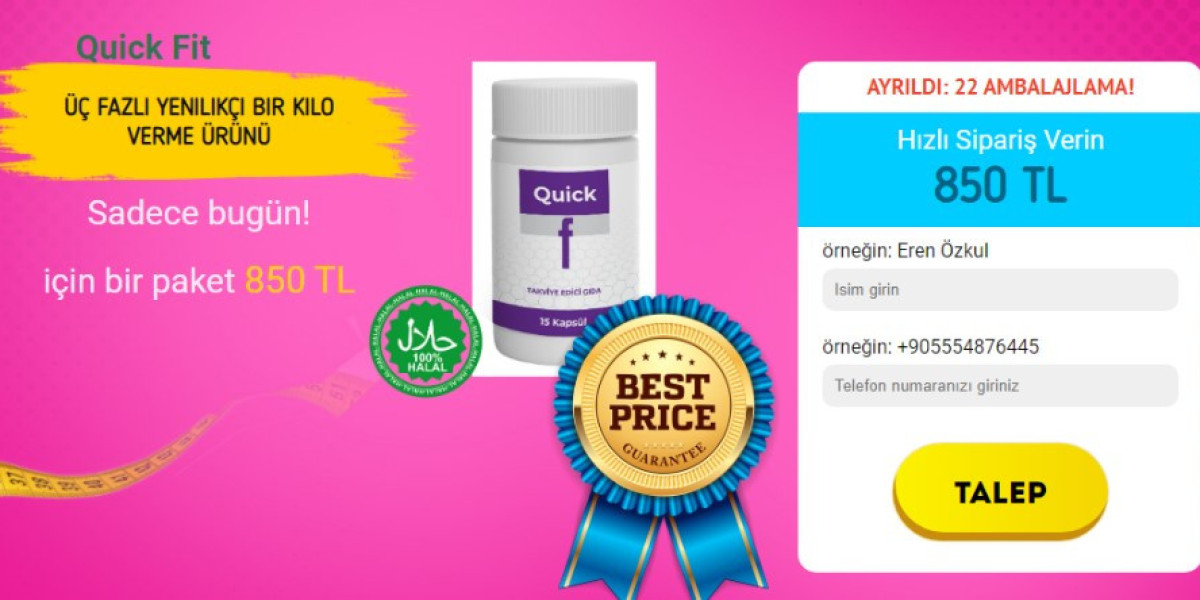Varicocele is a grave medical condition that causes the growth of veins in the scrotum. It may cause the patient a lot of discomfort and may cause problems with fertility. The standard treatment typically involves surgical procedures, however certain people would like to know alternatives to non-surgical treatments. This article examines the possibility that a varicocele treatment without surgery exists. It also provides information on the homeopathic treatment and diet as well as natural remedies, and also possible complications that arise from the existence of the condition.
Can a Varicocele be treated on its own Without Surgery?
Varicocele can possibly be treated without surgery. Although procedures such as varicocelectomy tend to be used for acute ailments or cases of infertility, non-surgical options may prove beneficial in less severe symptoms or circumstances where surgery isn't likely.
A few of these non-surgical options are lifestyle modifications as well as home remedies and alternative treatments. These varicocele natural treatments can ease symptoms, decrease discomfort and boost overall health.
Homeopathic Treatment for Varicocele
Homeopathy is an entirely different method of treating of varicocele. The principle behind it can be described as "like cures like," that involves the use of highly dilute ingredients to stimulate the body's healing mechanisms. Here's a look at the ways that homeopathic remedies can work to treat varicocele.
Symptom Relief: Varicocele-associated pain and discomfort are, at times soothed by homeopathic remedies. They are completely natural and without side effects. the medication is chosen according to the specific signs of the individual's illness and their constitution.
Individualised Treatment: Homeopathy considers every patient as a unique individual. The doctor who treats homeopathy will look at different aspects of the health of the patient, such as your lifestyle, emotional state as well as physical manifestations in order to create an individual best varicocele treatment program. The goal is to fix the imbalances within the body, instead of just treating symptoms.
Non-Side Effects: Homeopathy is almost free from any adverse side effects due to the extremely dilute substances which are employed. It is an alternative for patients who are concerned about the potential side consequences of traditional treatments and cure varicocele without surgery.
Advantages of Homeopathic Treatment in Varicocele
The benefits of homeopathy in varicocele are:
Holistic Methodology: Homeopathy works on the principle of treating human beings in all aspects, not just varicocele. This can lead to improvement in general well-being and overall health.
Low Risk of Side Effects They are less likely to trigger adverse reactions when compared with other medications, homeopathic treatments are better suited to medication-sensitive patients.
Helpful Care Homeopathy is a treatment option that can be used alongside other therapies as a supportive treatment, which can not only enhance the effectiveness of conventional therapies but may also ease the symptoms of surgery if it isn't an option.
Diet and Home Remedies to Cure Varicocele
Alongside taking homeopathic treatments, a few changes in diet and certain varicocele natural remedies can assist in the treatment of varicocele. They are as follows :
Dietary improvements A balanced diet that is rich in antioxidants as well as anti-inflammatory foods will help maintain the health of veins. These include things like the berries, leafy greens as well as nuts and fish. The consumption of excessive amounts of caffeine and alcohol is as well to be controlled as a result of being both cause negative impacts on the circulation.
Hydration: Proper hydration ensures good blood flow and may offer some relief from the huge discomfort associated with varicocele. Drinking plenty of fluids is among the simplest and most effective methods to accomplish this.
Regular Exercise: Doing exercise daily/regularly--especially some exercises that improve blood flow, like brisk walking or swimming--may be good for vascular health in general. However, care should be taken to avoid excessive tension in the abdominal region.
The Scrotal support: Wearing jockey boxers with a tight fit or a supporter for athletics reduces discomfort by reducing strain on the veins of the scrotum.
Avoiding prolonged standing If standing for long periods is a regular element of your routine, then regularly take breaks to sit or elevate your legs to lower the pressure inside the scrotum because of the circulation of blood.
Complications associated with Varicocele
If not addressed promptly and properly, the condition can lead to complications such as:
Infertility: Among all issues with varicoceles, its potential effect on fertility is most grave. Varicocele can significantly affect fertility and sperm quality, making conception difficult.
Testicular Atrophia: Varicocele, when it persists over time, can result in the atrophy of the testicular tissue. This can adversely affect the balance of hormones and general testicular function.
Pain and discomfort: Chronic discomfort or pain in the scrotal region can be a regular occurrence and can sometimes affect your quality of life as well as regular activities of daily life.
Testosterone levels are low. Less often is varicocele, a factor that affects sexual desire due to hormone imbalance that is the result of persistent scrotal discomfort and pain, which can change a person's mental reaction.
Conclusion
Although surgery is still a popular and efficient treatment for varicocele, there are other options that aren't surgical, which can help people affected and cure varicocele naturally. Homeopathic natural remedies are completely free of side effects, and more focus is placed on holistic health and individual treatment. Alterations to lifestyles regarding diet and exercising can be an integral component of treatment for reducing symptoms and enhancing general health. It is possible to do this in conjunction with health professionals in order to create a treatment program that will enable patients to develop the capability of monitoring potential complications resulting from the condition.








